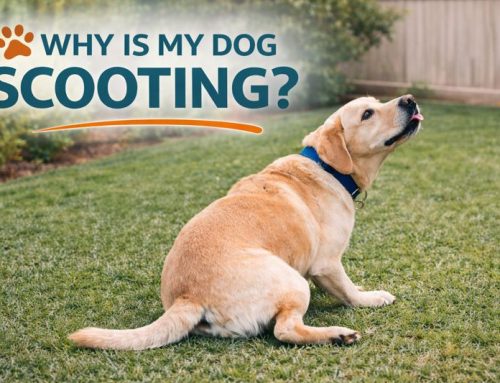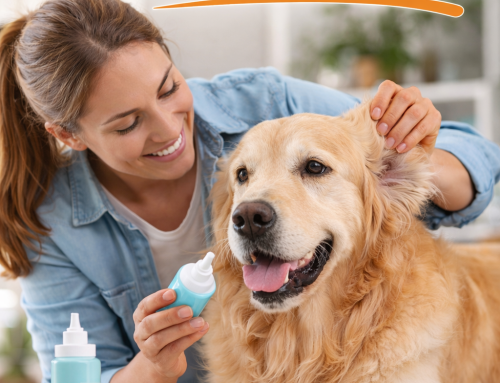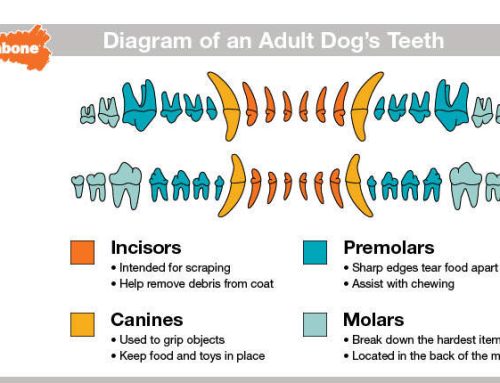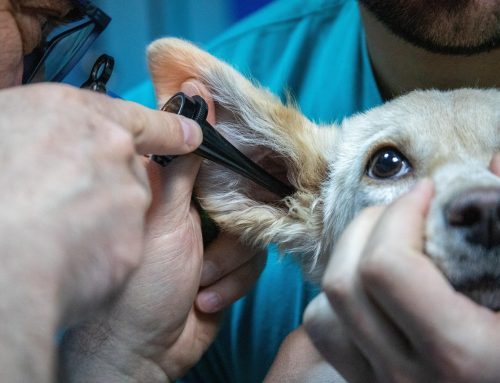
Dogs can’t tell us when something’s wrong, so it’s up to us as pet parents to notice the signs. While occasional quirks are normal, ongoing or sudden changes in your dog’s behavior, energy, or appetite could signal a health issue. Below are common symptoms that may mean your dog is sick and needs veterinary attention.
Changes in Appetite or Thirst
If your dog suddenly refuses food or water, it could be a warning sign. Dogs typically have consistent eating habits, so any significant decrease or increase in appetite is worth noting. Overeating may be less common but can point to metabolic issues or even emotional changes like anxiety. Likewise, if your dog starts drinking excessive amounts of water, it might be a sign of kidney disease, diabetes, or an infection. On the flip side, not drinking enough water can quickly lead to dehydration, especially if your dog is also vomiting or has diarrhea.
Lethargy or Low Energy
A dog that’s usually energetic but suddenly seems uninterested in walks, toys, or interaction might be feeling unwell. Lethargy is often a symptom of fever, infection, or underlying pain—possibly from joints, the stomach, or internal organs. Older dogs may naturally slow down, but sudden or extreme fatigue at any age should be taken seriously. Sometimes, a dog may appear tired but is actually conserving energy because they’re uncomfortable. If your dog doesn’t perk up after rest or seems disinterested in things they usually love, a vet visit is a good idea.
Vomiting or Diarrhea
While occasional vomiting or loose stool can happen—especially after eating something odd—persistent or severe cases are more concerning. Frequent vomiting or diarrhea can quickly lead to dehydration and electrolyte imbalance, especially in smaller dogs or puppies. Blood in the stool or vomit, a foul smell, or dark tar-like feces are particularly urgent signs. Chronic issues can also indicate food intolerance, intestinal parasites, or diseases like pancreatitis or liver dysfunction. Even if your dog seems fine otherwise, prolonged digestive upset should always be checked out.
Coughing, Sneezing, or Breathing Issues
Coughing, wheezing, and labored breathing are never symptoms to ignore. Respiratory issues can be caused by anything from a mild cold to more serious conditions like pneumonia, heartworm disease, or heart failure. If your dog is coughing frequently or has noisy breathing, especially at rest, that’s a sign something’s wrong. Sneezing or nasal discharge might seem harmless, but chronic occurrences could point to allergies, infections, or foreign objects in the nose. Difficulty breathing—open-mouthed breathing, blue gums, or excessive panting when not hot—is an emergency and needs immediate care.
Behavioral Changes
Changes in behavior can be one of the earliest and most important signs of illness in dogs. A once-friendly and social dog that becomes withdrawn, irritable, or aggressive could be in pain or distress. On the other hand, a typically calm dog that becomes overly clingy or restless might also be reacting to discomfort or anxiety. Dogs in pain might also hide, avoid being touched, or vocalize more than usual. You know your dog’s personality better than anyone—if their behavior feels “off,” it’s a signal worth investigating.
Weight Loss or Gain
Unexplained weight changes in dogs are always a red flag. Weight loss without a change in diet or activity level may be caused by issues like parasites, metabolic disorders, or even cancer. On the other hand, sudden weight gain can be linked to fluid retention from heart or liver problems, or it could be tied to hormonal imbalances like hypothyroidism. Sometimes the weight change happens gradually and is hard to notice unless you weigh your dog regularly. Keep an eye on your dog’s shape, and consult your vet if their body changes noticeably over a short period.
Skin or Coat Problems
Your dog’s skin and coat can offer a window into their overall health. A shiny, smooth coat usually indicates a healthy dog, while dull fur, bald patches, or flakiness may point to allergies, poor nutrition, or skin infections. Excessive scratching, licking, or biting at certain areas can also be a sign of flea infestations or underlying discomfort. Some dogs develop “hot spots” or skin sores from constant irritation, which can quickly become infected if not treated. Pay attention to any changes in texture, odor, or grooming habits, especially if they come on suddenly.
Unusual Odors
Unpleasant smells can be a sign of something more than just needing a bath. Bad breath, for instance, is often caused by dental disease, which can lead to more serious health problems if left untreated. Strong odors coming from your dog’s ears may indicate an ear infection, especially if there’s also redness or discharge. Foul body odor that doesn’t go away with bathing could point to a skin infection, yeast overgrowth, or even impacted anal glands. Don’t ignore these smells—they’re often your dog’s way of saying something’s wrong.
Changes in Urination
Monitoring your dog’s bathroom habits can help you catch issues early. Straining to pee, accidents in the house, or signs of pain when urinating may indicate a urinary tract infection, bladder stones, or even kidney problems. Increased urination, especially combined with increased drinking, is often linked to diabetes or Cushing’s disease. Blood in the urine or extremely dark urine is also cause for concern. These symptoms can escalate quickly, especially in older dogs or those with pre-existing conditions, so don’t wait to get a vet involved.
When to Call the Vet
If your dog shows any of the symptoms mentioned above for more than a day or two, or if they appear to be in pain or distress, it’s best to call your veterinarian. Trust your gut—if something seems off, it probably is. Prompt medical attention can help catch problems before they become serious or even life-threatening. For severe symptoms like seizures, collapse, breathing difficulty, or uncontrolled bleeding, go to an emergency vet right away. The sooner your dog gets checked, the better their chances of a quick and full recovery.
No One Knows Your Dog Better Than You
No one knows your dog better than you. If your pup just doesn’t seem like themselves, it’s okay to seek help even if you’re not sure what’s wrong. Keeping track of their daily habits, appetite, and behavior can help your vet figure out what’s going on faster. Remember, early detection can make all the difference when it comes to treating illness and keeping your dog healthy for years to come.






